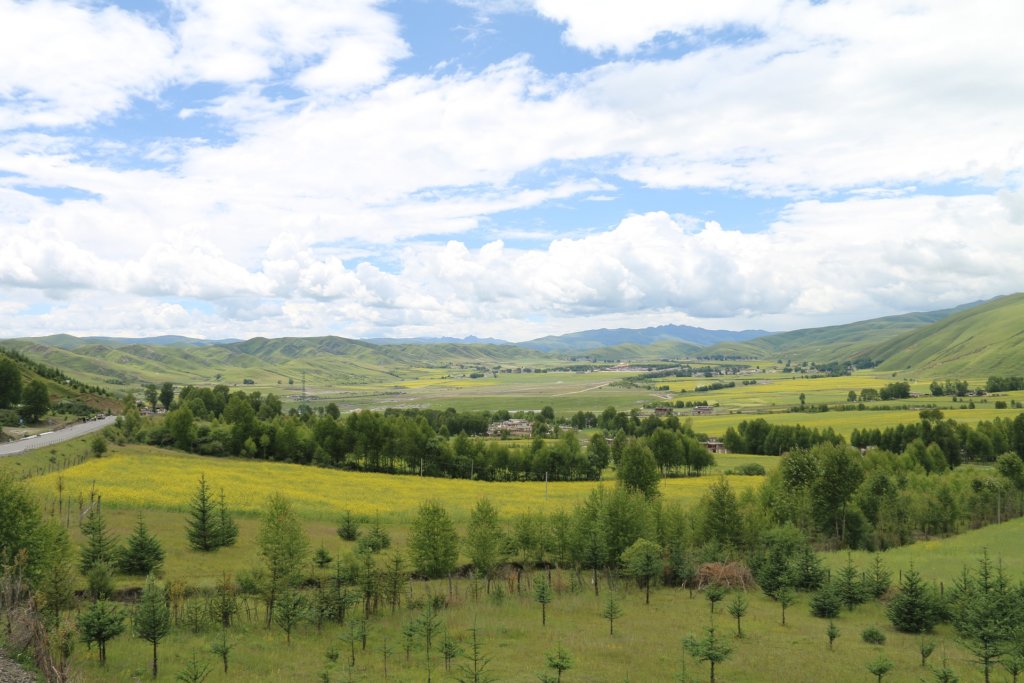On June 27, 2022, the party committee and government of the Inner Mongolia Autonomous Region issued the plan for the implementation of “1+N” policy. The “1+N” policy is the first major climate policy framework from Beijing since the announcement of the carbon peaking and neutrality targets in 2020. The “1” refers to the “guiding opinions” that sets out the overarching principles that aim to facilitate China’s peaking and neutrality goal. The “N” will include a “carbon peaking action plan” which sets out Beijing’s expectations on the actions that key sectors are required to take to peak emissions.

In Inner Mongolia’s implementation plan of “1+N” policy, targets for 2025, 2030, and 2060 are set in order to achieve the national carbon peaking target. The plan outlines that by 2025, the national targets for reducing energy consumption and CO2 emissions per unit of regional GDP should be met in the region. These include reducing the share of coal use to below 75% and increasing the share of non-fossil energy use to 18%. The forest coverage rate should reach 23.5% and the forest stock volume 1.55 billion cubic meters. By 2030, the share of non-fossil energy use would reach 25% of overall energy consumption in the region and the carbon peaking target ought to be realized. By 2060, a green, carbon-neutral economic system and a clean, low-carbon energy system are to be fully established.
Besides the overarching goals, the plan also outlines action steps for several sectors, including optimizing the energy structure, developing a circular economy, promoting industrial transition, promoting energy saving, low-carbon buildings and infrastructure, building a green and low-carbon transportation system, promoting green and low-carbon technological innovation, developing green finance to expand financial support and investment, optimizing the carbon trading market. Further information (CHN)
